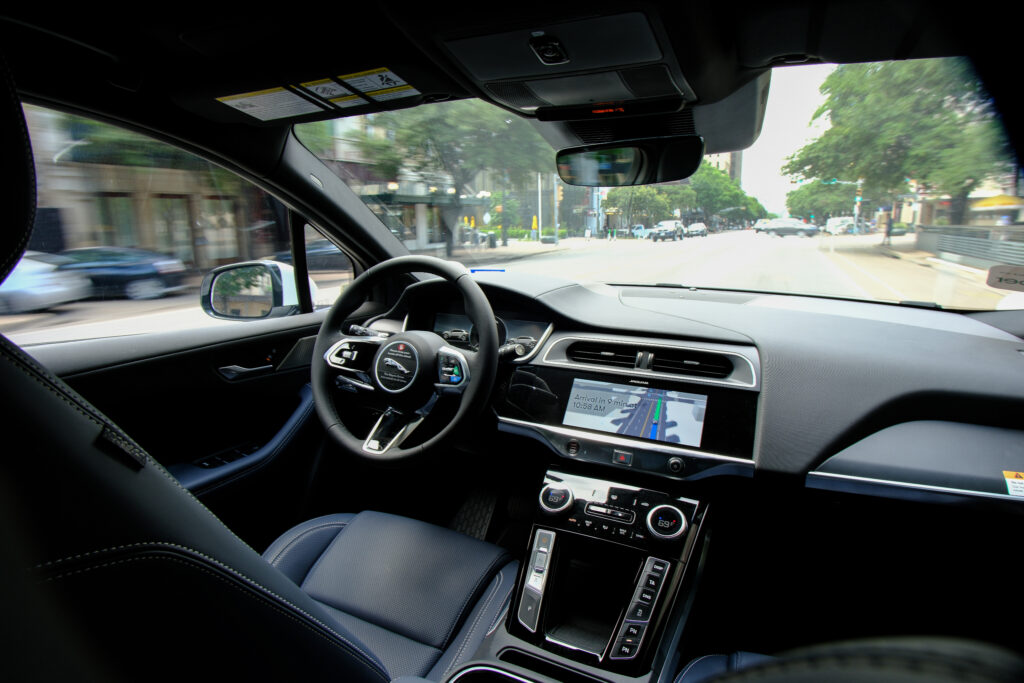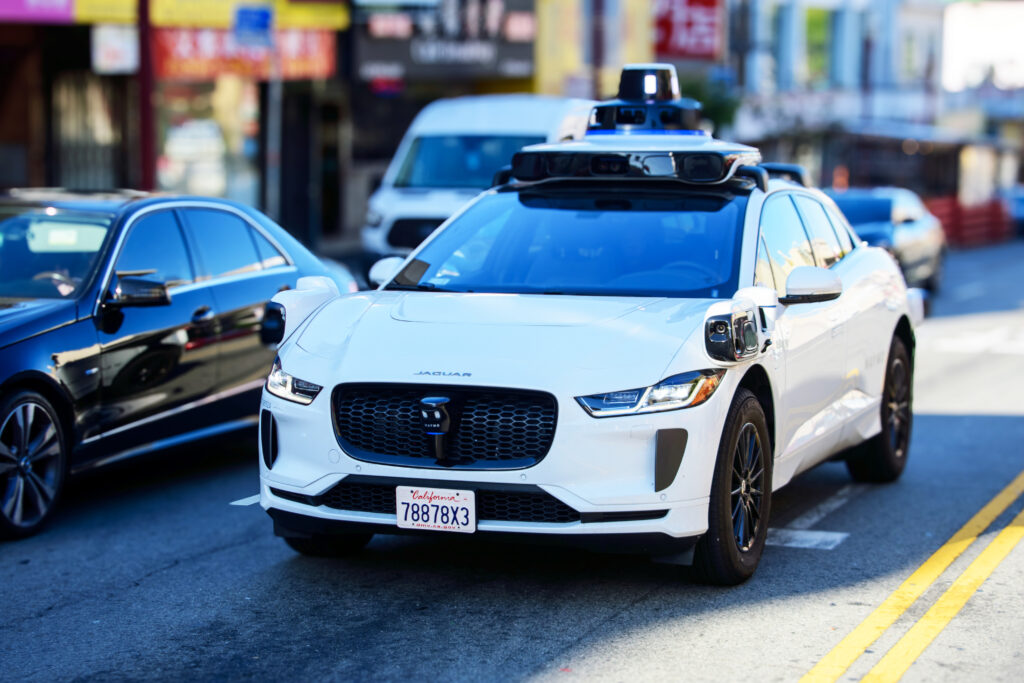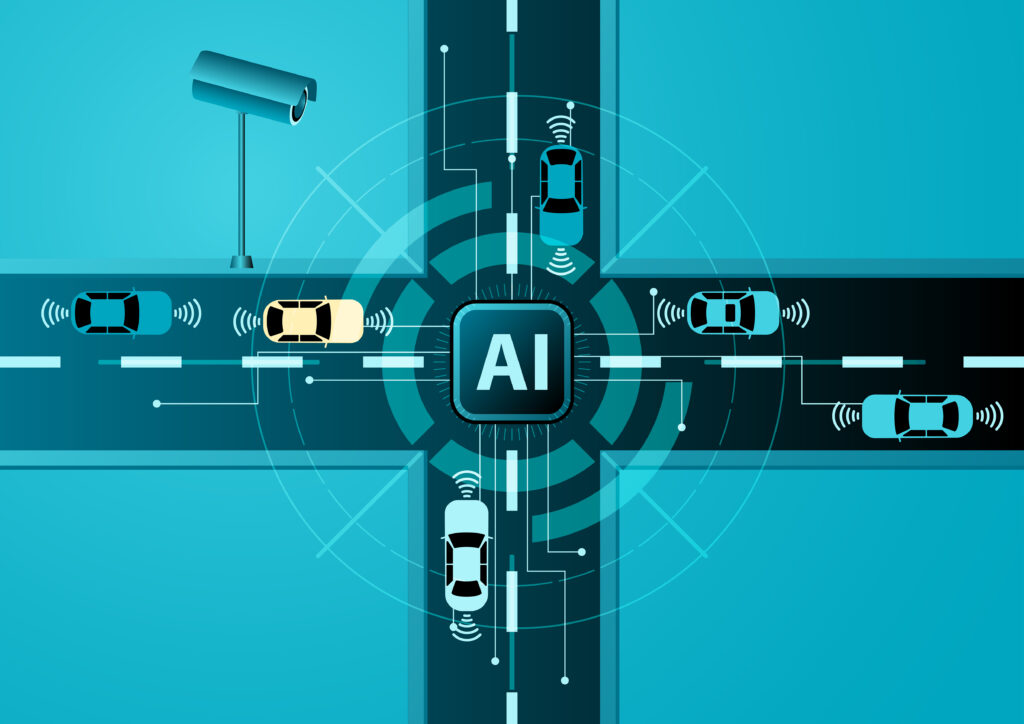Are you prepared to change lanes in a rapidly evolving legal landscape? Artificial intelligence has made its presence known across nearly every area of law, and auto law is no exception. From advanced driver-assistance systems (ADAS) to self-driving vehicles, machine learning technologies are already impacting liability, insurance, enforcement, and consumer expectations.
As we close out our year-long blog series on AI's relationship to various sectors of the law, we turn our focus to the intersection of artificial intelligence and the automotive world—a sector where innovation moves fast, and the legal implications are still catching up.
For attorneys practicing in personal injury, insurance defense, plaintiff litigation, or regulatory compliance, this is one area where staying current is critical.
Now let's dive in...

Smart Cars and Big Questions
Would you get inside a self-driving vehicle? The truth is we're not far off from fully autonomous driving becoming mainstream. While none are yet for sale, a few thousand are already roaming select cities for testing purposes. Some companies such as Waymo have rolled out commercial robotaxi services, too.
These AI-powered vehicles are smarter than ever and include features such as adaptive cruise control, lane-keeping assist, and automatic emergency braking in the event of a collision. Even if a car isn't fully autonomous, AI can still be implemented in other ways to monitor the driver, tracking fatigue, speed, and location.
These advancements raise new questions for lawyers and courts. For example...who is held liable when an AI-assisted system malfunctions? The creator of AI? The manufacturer of the vehicle or the operator? How does data from a vehicle get preserved and authenticated in litigation? What role does federal and state regulation play in approving and policing this rising tech?
AI is redefining negligence, causation, and standard of care in auto-related cases—and it’s just the beginning.

A Race Between AI and the Legal System
As technology races ahead, the legal framework is still trying to keep pace. There is no single federal statute governing AI use in automobiles, and case law involving autonomous vehicles is only starting to develop. Currently, AI law resembles a patchwork quilt, varying from state to state. This means attorneys must be vigilant in watching new precedents, adapting courtroom strategies, and rethinking how evidence is gathered, interpreted, and presented.
In short: auto law is evolving, just like many other sectors, and artificial intelligence is one of the key forces behind that evolution. Whether you represent insurers, plaintiffs, or other parties in motor vehicle litigation, it's vital to stay abreast of the issues. This is why PBI prioritizes bringing you the timeliest CLE around, so that you can stay ahead of the curve.

This blog post wraps up our series on AI’s impact across different areas of law—from business to criminal, elder law to employment. But in truth, this is just the beginning.
Artificial intelligence is moving fast. New use cases are emerging. And with every advancement comes a ripple effect across legal practice. As we look ahead, one thing is clear: lawyers who understand the legal, ethical, and technical sides of AI will be better prepared to advise their clients and shape the future of law.



